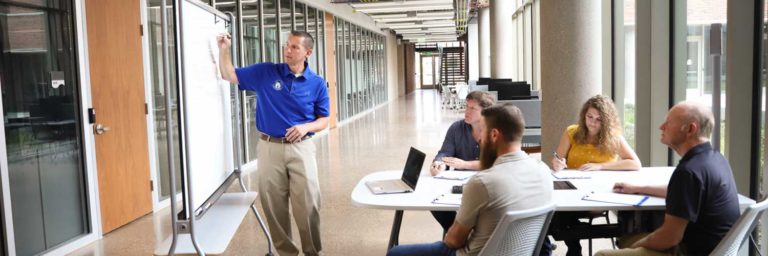Obtaining an insurance adjuster license can open the doors to a dynamic and rewarding career. While many aspiring adjusters apply for licenses in their home state, there’s an alternative route that offers several advantages: obtaining an adjuster license from a reciprocating state. In this blog post, we’ll explore the benefits of choosing this path and what it means for your insurance adjusting career.
What Is a Reciprocating State?
A reciprocating state, in the context of insurance adjusting, refers to a state that has an agreement with other states to recognize and honor each other’s adjuster licenses. These reciprocal agreements simplify the licensing process for adjusters and enable them to work in multiple states without having to obtain individual licenses for each.
Before obtaining a reciprocating state’s license the adjuster must research his home state’s licensing requirements. If an adjuster lives in a state that does not require licensing, the adjuster can designate a reciprocating state as their home state. They would then obtain that state’s adjuster’s license which would allow them to obtain licenses to other states through reciprocity. However, if an adjuster lives in a state that is not a reciprocating state and does require licensing, the adjuster needs to obtain their home state’s license before obtaining a reciprocating state’s license.
Note: Texas is a reciprocating state.
The Benefits of Obtaining an Adjuster License from a Reciprocating State
Greater Mobility
The most significant advantage of obtaining a license from a reciprocating state is the increased mobility it provides. You can work as an adjuster in any state that has a reciprocal agreement with your home state. This flexibility is particularly valuable for adjusters who work in regions with multiple neighboring states.
Efficient Licensing Process
Applying for an adjuster license in a reciprocating state often involves a more streamlined and efficient process. Since these states have agreements in place, you don’t need to meet the specific licensing requirements of each state where you plan to work. This reduces the administrative burden and expedites your licensing.
Cost Savings
Licensing in multiple states can be costly, as it often involves application fees, exam fees, and other expenses. By obtaining a license from a reciprocating state, you can potentially save on these costs. You’ll only need to pay for one license, which is recognized in multiple states.
Broader Job Opportunities
A license from a reciprocating state can significantly expand your job opportunities. You’re not limited to working within the borders of your home state, allowing you to pursue positions and assignments in states with a demand for adjusters.
Career Flexibility
Whether you’re an independent adjuster or work for an insurance company, having a license from a reciprocating state can enhance your career flexibility. You can readily respond to disaster situations, work on catastrophic claims, or handle a variety of insurance claims across state lines.
Continued Professional Growth
The ability to work in multiple states can be an asset as you seek to grow professionally. Whether you’re looking for more challenging assignments, career advancement, or specialized opportunities, a reciprocating state license can help you achieve your goals.
Conclusion
Obtaining an adjuster license from a reciprocating state is a strategic choice that offers adjusters greater mobility, an efficient licensing process, cost savings, broader job opportunities, career flexibility, and the potential for continued professional growth. It simplifies the licensing process and enables adjusters to navigate the dynamic and diverse landscape of the insurance adjusting field more effectively. If you’re considering a career as an insurance adjuster or looking to expand your horizons, exploring a reciprocating state license is a valuable option to consider.
For more information regarding reciprocating states, you can go to the Texas Department of Insurance website or read the National Association of Insurance Commissioners State Licensing Handbook under the subheading Reciprocity starting on page 76.










